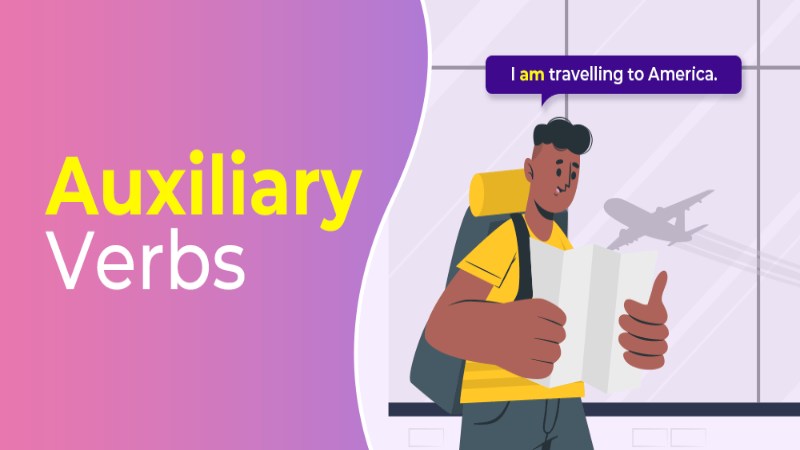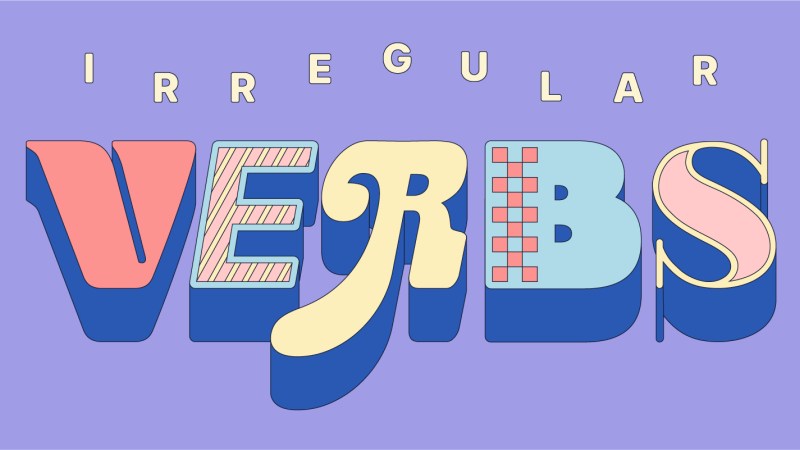
当我们在询问谁或什么做了某个行为时要用主语疑问句。如果疑问词 (who, what, 等)是句子的主语,则疑问词后面不用加助动词。
Who won the match? (不能说 Who did win…)
What happened last night? (不能说 What did happen…)
How many people went to the party? (不能说 How many people did go)
当我们在询问宾格 (动词后面) 时要用英文疑问句的正常词序: 助动词 + 主词。这种疑问句叫做宾语疑问句。
主语疑问句 vs 宾语疑问句
| Jack called Teresa. (Teresa = 宾语) | Jack called Teresa. (Jack = 主语) |
| Who did Jack call? (Who = 宾语) | Who called Teresa? (Who = 主语) |
有介词的疑问句
在非正式或会话英语中,当疑问词需要介词时,介词要放在疑问句的句尾 (动词或动词 + 宾格后面)。介词不能放在句首。
I played tennis with John. ⇒ Who did you play tennis with? 我和约翰一起打网球。 ⇒ 你和谁一起打网球?
I work for a multinational company ⇒ What company do you work for? 我在一家跨国公司工作 ⇒ 你在哪家公司工作?
We usually talk about sports. ⇒ What do you usually talk about? 我们通常谈论运动。 ⇒ 你平时都聊什么?
主语疑问句和宾语疑问句 – 练习题



Comments